Can the Met Police heal its relationship with the Black community?
Police chiefs accused of not doing enough to address reported institutional racism
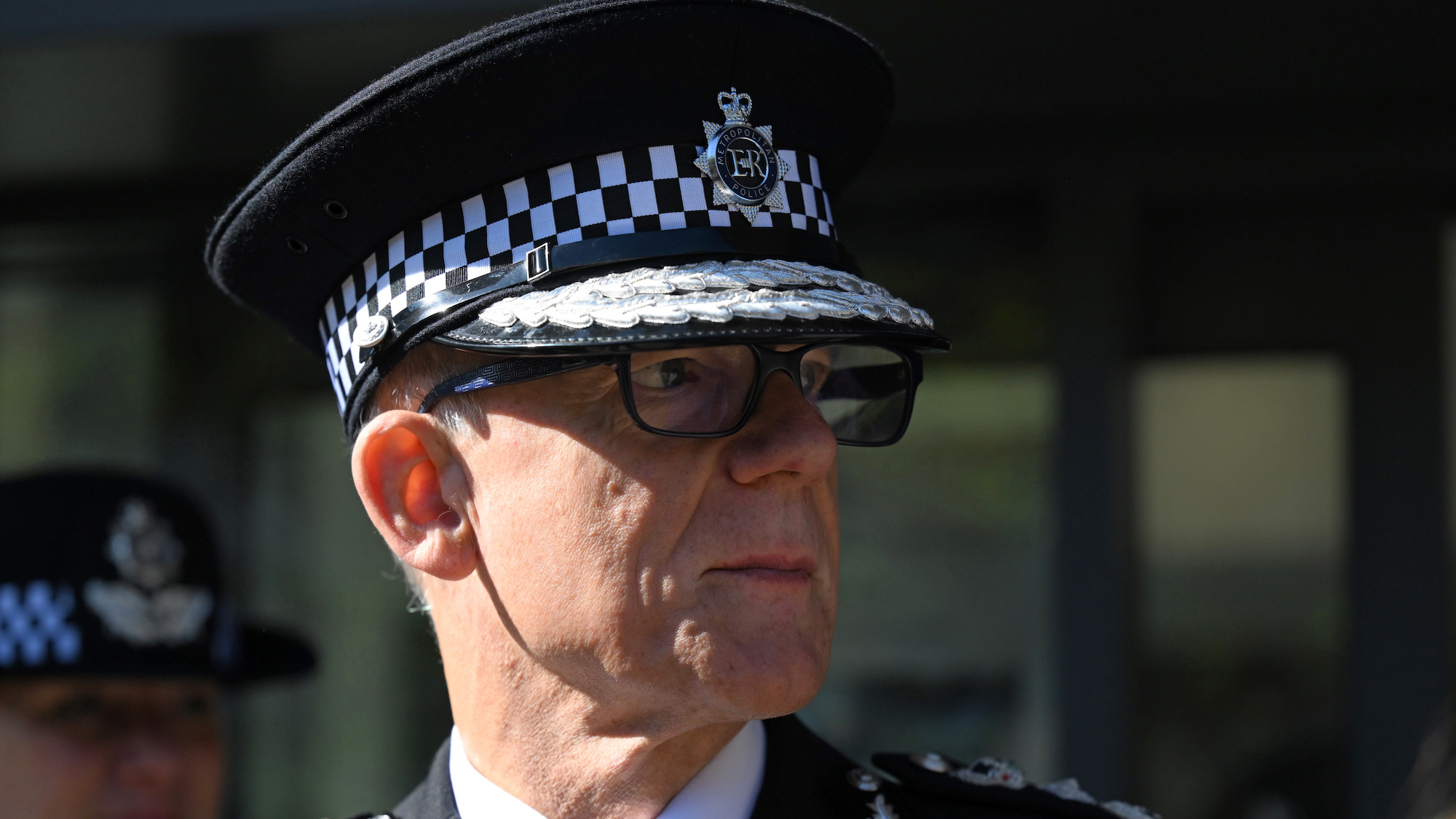
A free daily email with the biggest news stories of the day – and the best features from TheWeek.com
You are now subscribed
Your newsletter sign-up was successful
A year after an independent review labelled it institutionally racist, sexist and homophobic, the Metropolitan Police's attempts to reform itself remain under scrutiny.
The Met recently announced it has scrapped its controversial violent gangs database, following claims that it disproportionately targeted Black Londoners. The gangs violence matrix (GVM), launched in 2012 in the wake of the London riots the year before, has "repeatedly" been described by the Met as a "crucial tool to prevent gang violence", said the BBC. At its peak in 2017, there were nearly 4,000 names on the list.
However, some were reportedly added "simply because of where they lived or who they knew", said the Daily Mail. There were concerns that those on the list could wrongly face "harsher enforcement actions", while the matrix had been shown to lead to "breaches of data protection laws" and a failure to "distinguish between criminals and victims when adding names".
The Week
Escape your echo chamber. Get the facts behind the news, plus analysis from multiple perspectives.

Sign up for The Week's Free Newsletters
From our morning news briefing to a weekly Good News Newsletter, get the best of The Week delivered directly to your inbox.
From our morning news briefing to a weekly Good News Newsletter, get the best of The Week delivered directly to your inbox.
The GVM will be replaced by an existing but "adapted" violence harm assessment (VHA) to identify the capital's most violent people, the force said. But serious concerns remain about police prejudice towards ethnic minorities. This month, the head of the National Police Chiefs' Council Gavin Stephens became the most senior serving officer in the country to say that policing in the UK is "institutionally racist".
What has happened since the Casey report?
In 1999, an inquiry into the murder of Stephen Lawrence led Sir William Macpherson to conclude that the Met was institutionally racist. Then last year, Baroness Louise Casey's landmark report, commissioned by the Met after the abduction and murder of Sarah Everard, concluded that the force was guilty of institutional racism, misogyny and homophobia. The report warned that "public consent is broken".
A year later, the Met remains in a "race crisis", said The Guardian's police and crime correspondent, Vikram Dodd. This month, Black and Asian officers called on ethnic minority recruits to "boycott the force" after the chair of the Met Black Police Association (Met BPA), Inspector Charles Ehikioya, was placed under investigation. His supporters say the gross misconduct charges against him are "trumped up".
Ehikioya allegedly received an inappropriate message from a colleague and did not report it, which he denies. Ehikioya claims he is being targeted because he has "challenged racism and discrimination within" the force, said the i news site.
A free daily email with the biggest news stories of the day – and the best features from TheWeek.com
The National Black Police Association (NBPA) has since sent a "rallying cry" to ethnic minorities "not to join the Met" in the first boycott in 20 years, wrote assistant editor Darren Lewis in the Mirror. It is clear "we still do need a diverse police force", but it is "so hard to argue the case for joining the police" given the evidence of "the culture that many Black people have warned of for years".
The president of the NBPA, Andy George, told The Voice that Met Commissioner Mark Rowley had "refused to discuss his concerns". "There has been a desire to silence dissenting voices including an attempt to weaken the Met BPA," George said.
Rowley has previously come "under fire" for refusing to "describe racism within the force as institutional". He has shown "reluctance to take key steps in addressing the issue", wrote Richard Sudan in The Voice.
What will it do next?
The Met is trying "to get its house in order", wrote crime editor Ben Ellery in The Times, as it continues to reel from a long "series of scandals". But it is also hamstrung by the lack of "powers of dismissal" for chief constables as well as a "chronic shortage" of new recruits and funding.
Baroness Casey said in her report that the force's efforts were "not good enough", though admitted more time was needed for sweeping changes. But Gavin Stephens told The Guardian that "little progress" had been made since. Stephens acknowledged that there was a need for a "fundamental redesign of national policies and practices", and that "black people should no longer experience disproportionate use of force".
Other changes include an ongoing "recruitment drive" for Black, Asian and minority ethnic officers to better reflect London's diversity, said The Independent's race correspondent Nadine White. However, at the current rate of progress it would take nearly 50 years to achieve this, according to figures analysed by Byline Times last year.
Ultimately, if the Met is "genuine in its desire to move forward and build trust with Black Londoners", said George, then it needs to "adequately resource" organisations like the Met BPA, rather than target them.
Richard Windsor is a freelance writer for The Week Digital. He began his journalism career writing about politics and sport while studying at the University of Southampton. He then worked across various football publications before specialising in cycling for almost nine years, covering major races including the Tour de France and interviewing some of the sport’s top riders. He led Cycling Weekly’s digital platforms as editor for seven of those years, helping to transform the publication into the UK’s largest cycling website. He now works as a freelance writer, editor and consultant.
-
 Local elections 2026: where are they and who is expected to win?
Local elections 2026: where are they and who is expected to win?The Explainer Labour is braced for heavy losses and U-turn on postponing some council elections hasn’t helped the party’s prospects
-
 6 of the world’s most accessible destinations
6 of the world’s most accessible destinationsThe Week Recommends Experience all of Berlin, Singapore and Sydney
-
 How the FCC’s ‘equal time’ rule works
How the FCC’s ‘equal time’ rule worksIn the Spotlight The law is at the heart of the Colbert-CBS conflict
-
 The 11 most infamous abductions in modern history
The 11 most infamous abductions in modern historyin depth The taking of Savannah Guthrie’s mother, Nancy, is the latest in a long string of high-profile kidnappings
-
 How the ‘British FBI’ will work
How the ‘British FBI’ will workThe Explainer New National Police Service to focus on fighting terrorism, fraud and organised crime, freeing up local forces to tackle everyday offences
-
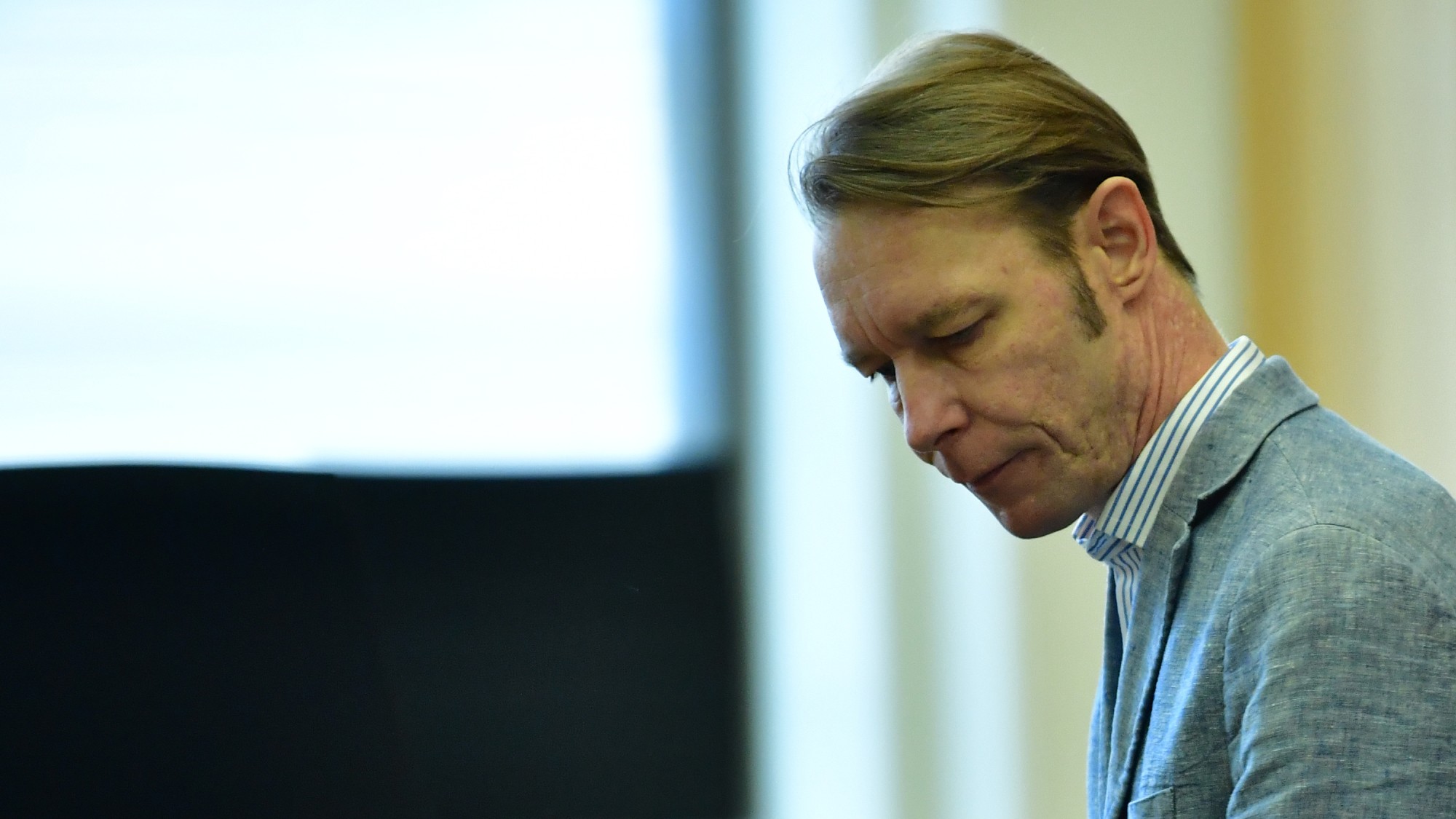 Christian Brückner: why prime suspect in Madeleine McCann case can refuse Met interview
Christian Brückner: why prime suspect in Madeleine McCann case can refuse Met interviewThe Explainer International letter of request rejected by 49-year-old convicted rapist as he prepares to walk free
-
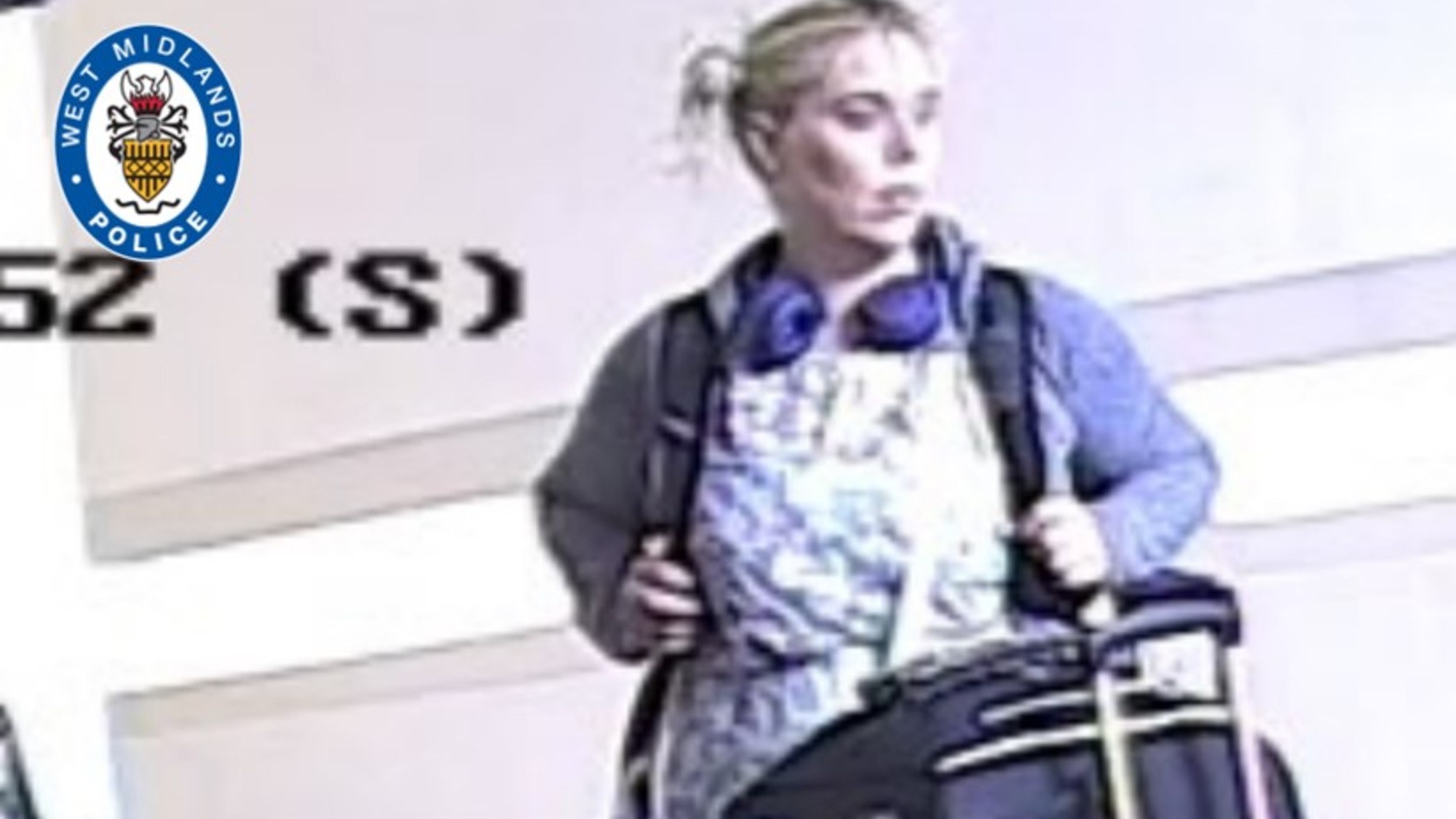 Aimee Betro: the Wisconsin woman who came to Birmingham to kill
Aimee Betro: the Wisconsin woman who came to Birmingham to killIn the Spotlight US hitwoman wore a niqab in online lover's revenge plot
-
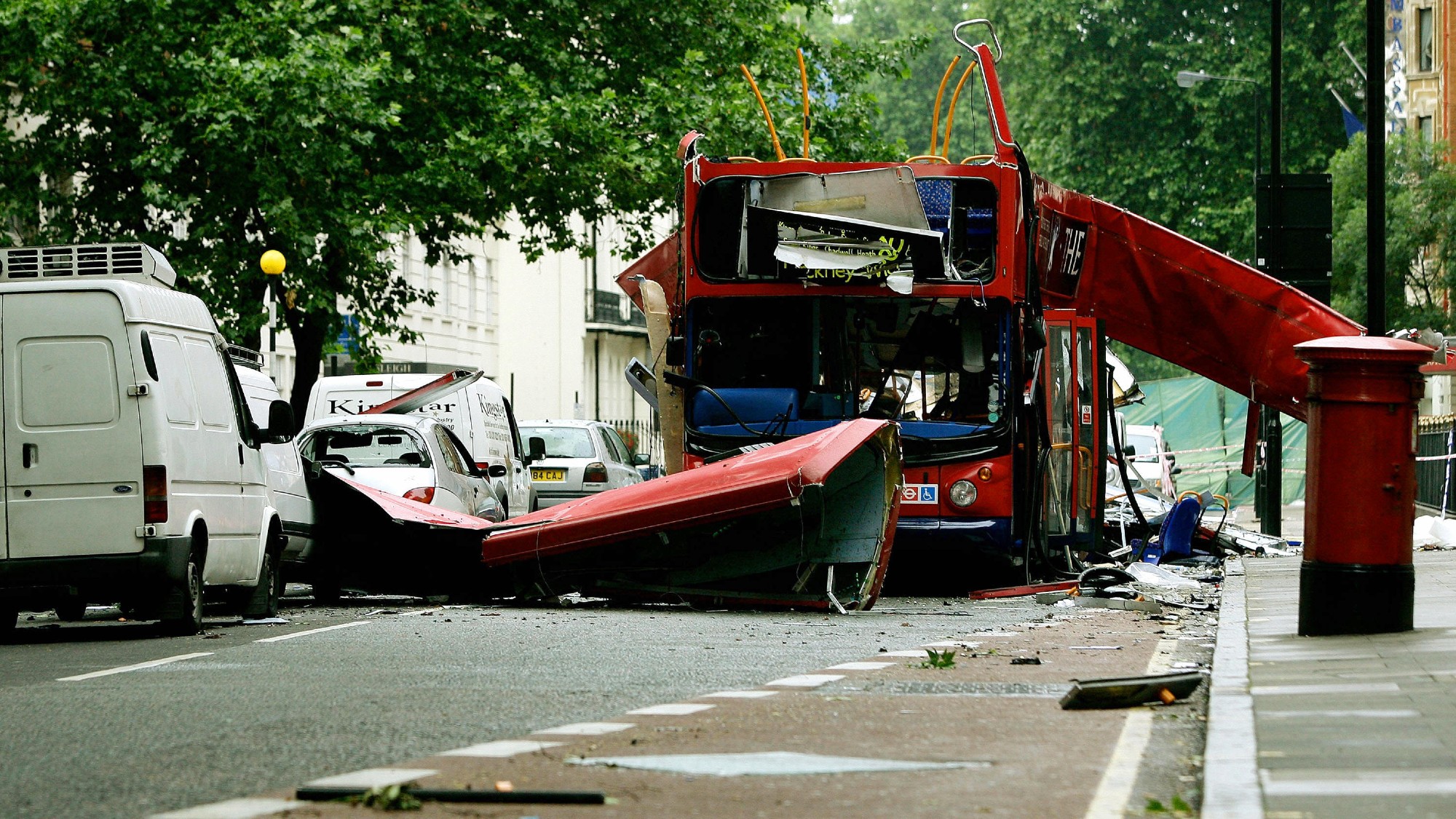 The failed bombings of 21/7
The failed bombings of 21/7The Explainer The unsuccessful attacks 'unnerved' London and led to a tragic mistake
-
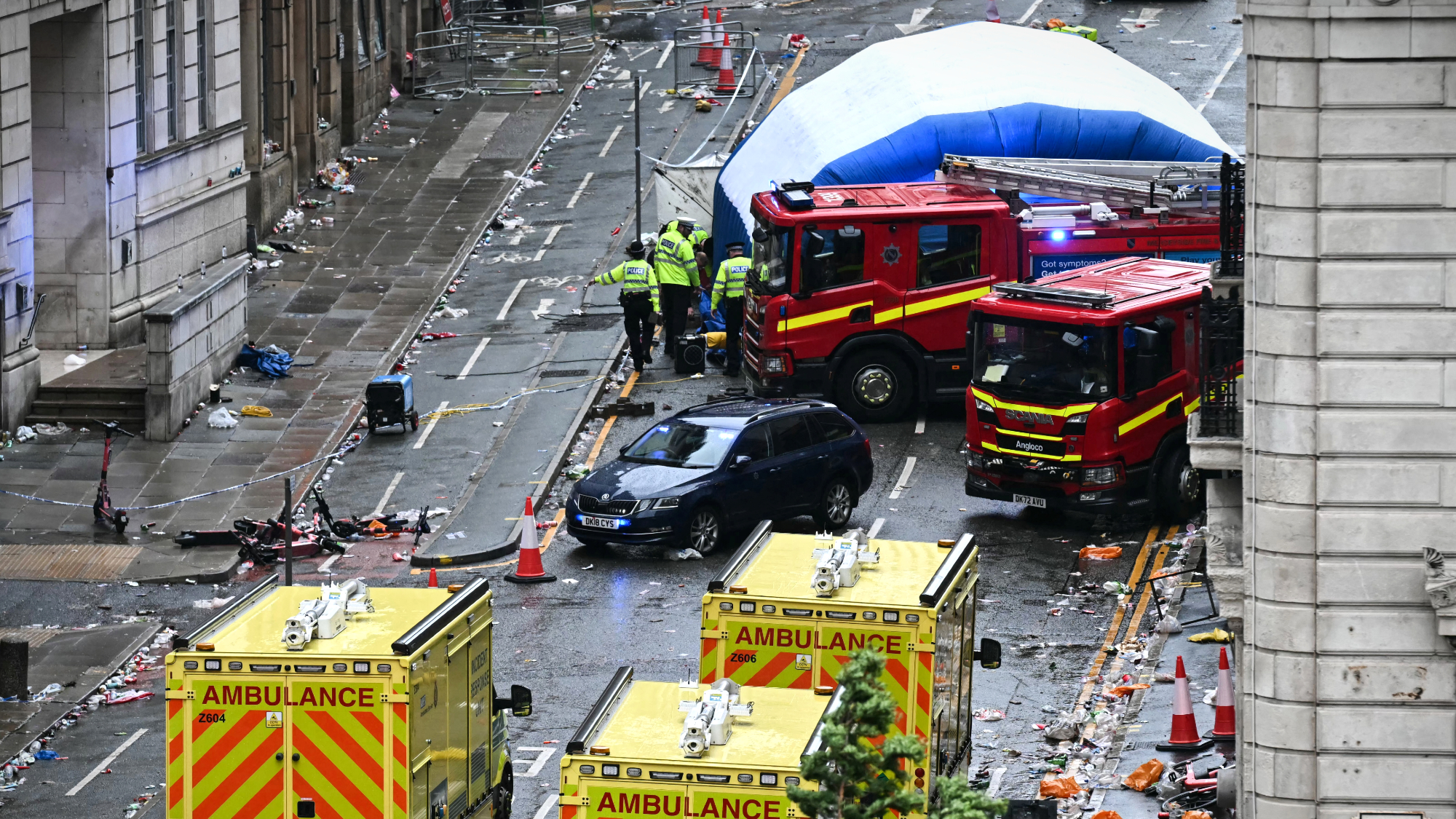 Driver rams van into crowd at Liverpool FC parade
Driver rams van into crowd at Liverpool FC paradespeed read 27 people were hospitalized following the attack
-
 What to do if your phone is stolen
What to do if your phone is stolenThe Explainer An average of 180 phones is stolen every day in London, the 'phone-snatching capital of Europe'
-
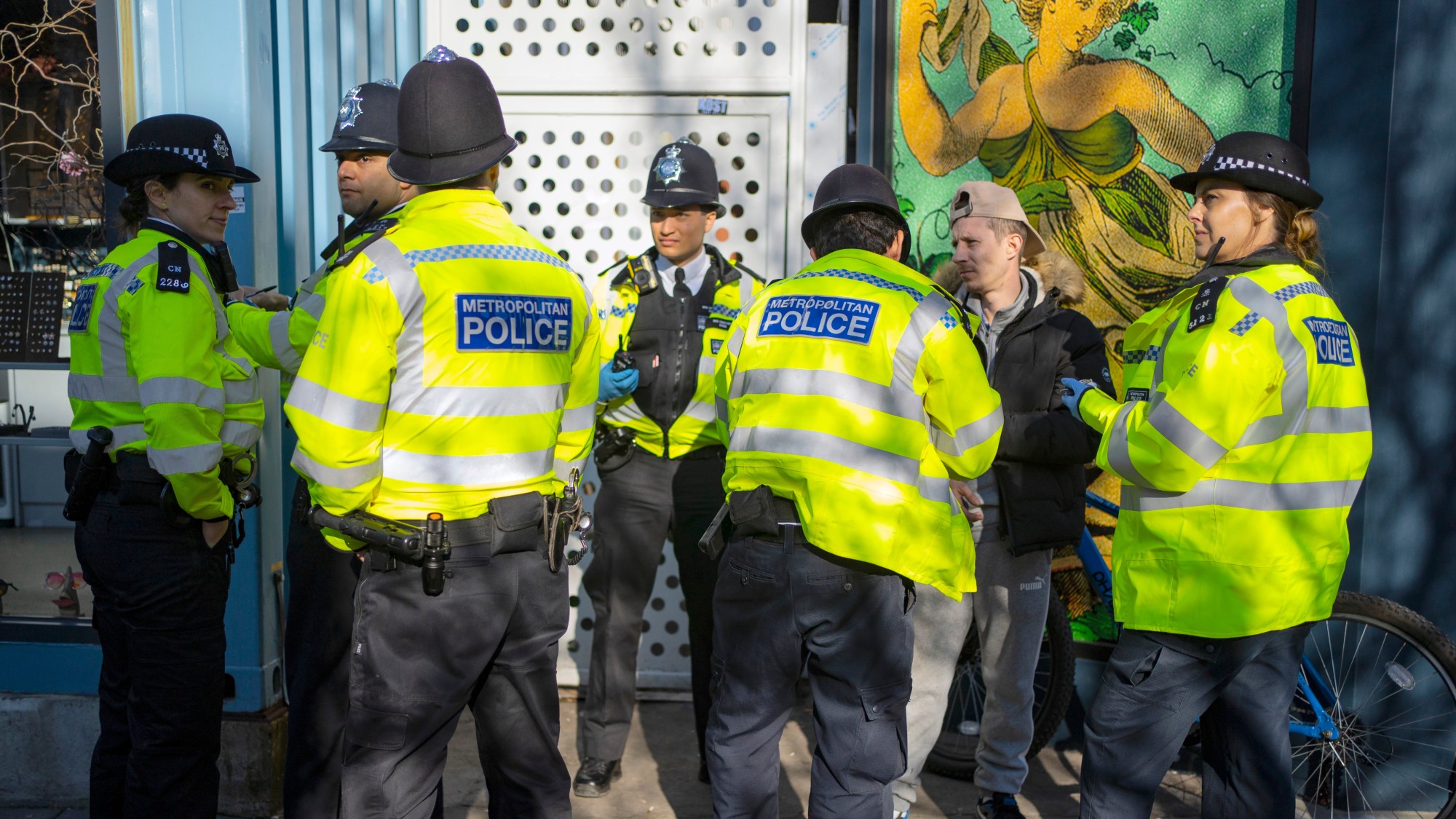 The Met police's stop and search overhaul
The Met police's stop and search overhaulThe Explainer More than 8,500 Londoners have helped put together a new charter for the controversial practice